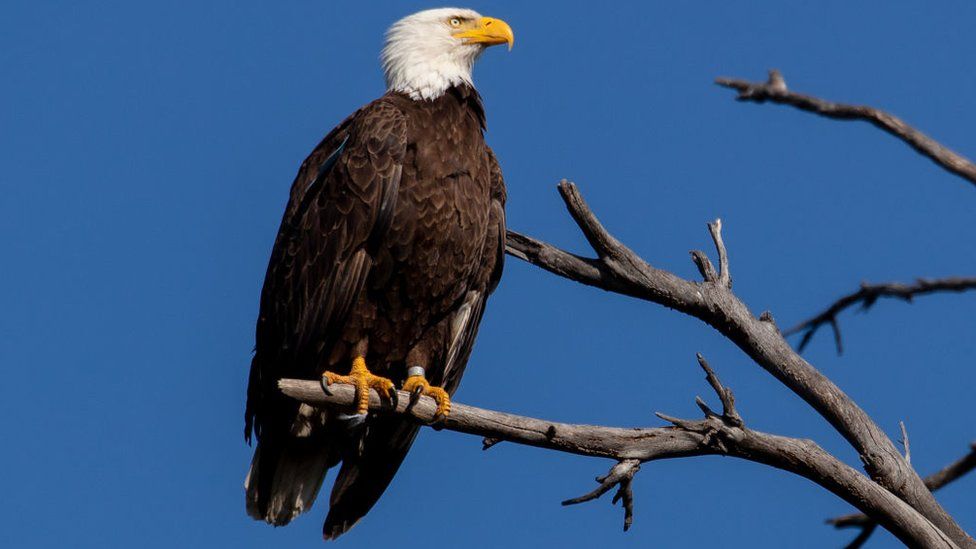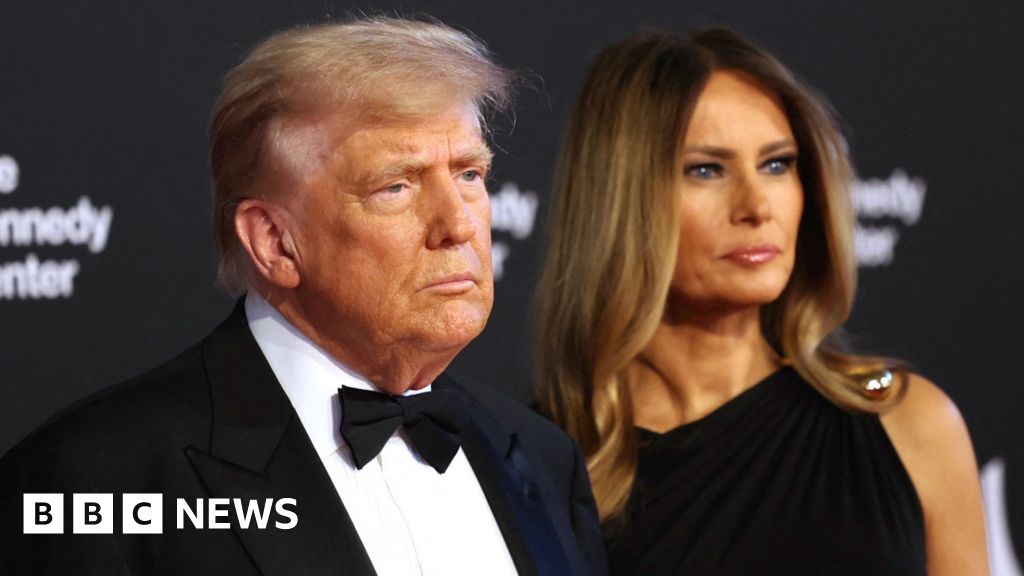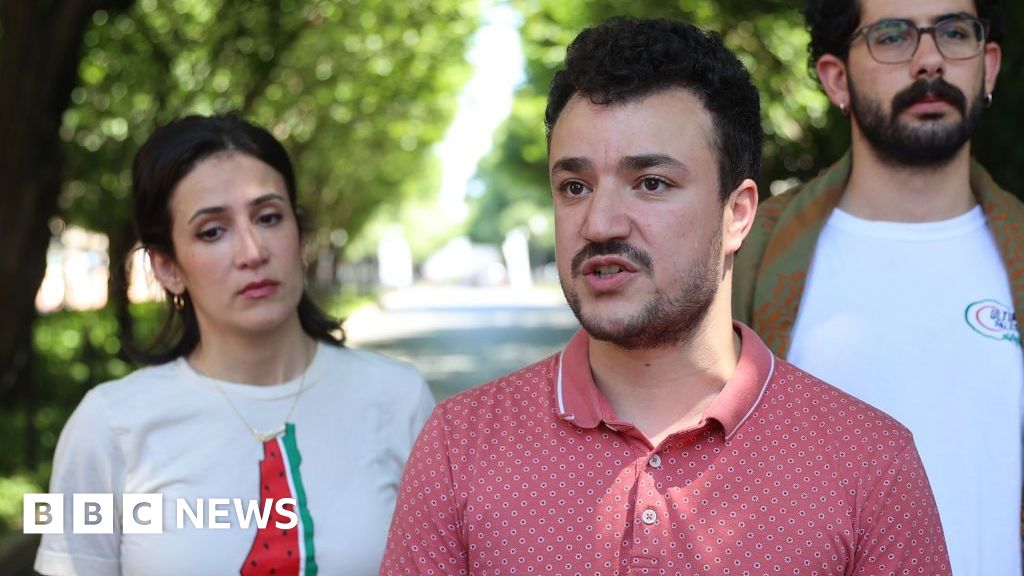ARTICLE AD BOX
 Image source, Getty Images
Image source, Getty Images
The bald eagle was once considered endangered throughout much of the United States, but has made a comeback
Two US men have been charged with illegally killing about 3,600 birds, including bald and golden eagles.
Simon Paul and Travis John Branson allegedly shot the birds over several years and sold parts and feathers on the black market.
They were charged with conspiracy, violating the Bald and Golden Eagle Protection Act, and illegal trafficking.
The two men were ordered to appear in court in January.
An indictment publicly released on Wednesday alleges that they killed birds on the Flathead Indian Reservation in western Montana and elsewhere.
The indictment said Mr Branson sent messages bragging about "committing felonies" and going "on a killing spree", and that the pair sold the birds and their feathers for "significant sums of cash".
At one point, the men laid out a deer carcass to attract the birds before shooting them.
The indictment lists 13 separate instances of alleged violations of the Eagle Protection Act, but prosecutors did not specify what other types of birds the men killed or if many were rare or endangered.
Prosecutors declined to give further details when contacted on Wednesday.
Mr Branson, 48, lives in Washington state and Mr Paul, 42, is from a Montana town close to the Flathead Reservation. Neither could be reached for comment on Wednesday and court documents did not list attorneys for the men.
The bald eagle is the national bird of the United States and is depicted on both the currency and the national seal.
It was endangered in many places in the middle of the 20th Century due to hunting, loss of habitat and the use of DDT, an insecticide that makes the birds unable to lay eggs with strong shells. It was banned in 1972.
According to the US Fish and Wildlife Service, just 417 nesting pairs of bald eagles were known to exist in 1963, but conservation efforts led to a strong comeback and the bird is no longer considered endangered.
The conspiracy and trafficking charges carry maximum prison sentences of five years, and violations of the Eagle Protection Act are punishable by a year in prison, plus fines.

 1 year ago
56
1 year ago
56








 English (US) ·
English (US) ·